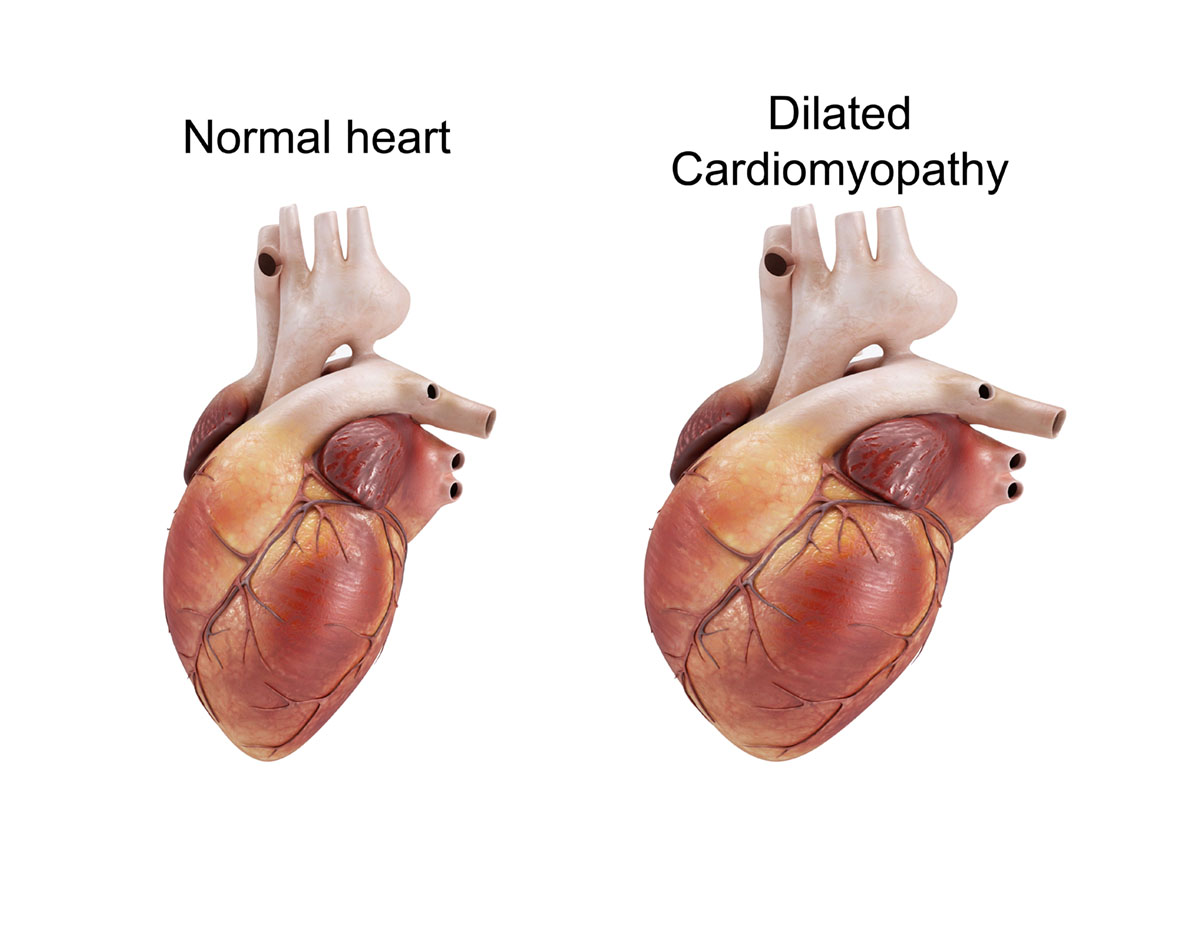"I might not be showing it," the newly divorced woman said, "but I feel like my heart is breaking into a million pieces."
"The day you walked out on us was the most painful day of our lives!" a man whose father had abandoned him and his siblings cried when the long-lost parent showed up at his door.
"When my wife left me so suddenly," the grieving ex-husband recalled, "it was like every bone in my body broke."
Anyone who has experienced a loss knows that the term "broken heart" (or in some languages, "broken bone") is not just metaphorical. Abandonment by someone you love causes pain as intense as that of a migraine or a broken bone. Rejection and isolation more than just lowering our spirits. They cause us intense physical pain. But why should they?

Testing the Reality of Psychic Pain
Most pain researchers used to treat physical and psychological pain as if they were entirely different entities. For a broken bone, they might recommend ice. For a broken heart, they might recommend ice cream. Dr. Nathan DeWall of the University of Kentucky wondered if they might not be much the same thing.
Dr. DeWall and his colleagues ran two studies. In the first they simply asked volunteers to take 1000 mg of Tylenol (the best selling brand name of the painkiller acetaminophen) or a placebo every day for three weeks. They also asked all their volunteers to fill out a questionnaire that could be used to measure their psychic pain. At the end of the three weeks, the volunteers who had been taking Tylenol showed a steady decline in the pain of social rejection, while the volunteers who had been given the inactive placebo did not.
READ Top 10 Natural Painkillers
Intrigued by their results, DeWall and team then decided to take a look at the brain in action during social rejection. They recruited another set of volunteers to take 2000 mg of the painkiller or a placebo every day for three weeks, and then to come into the lab to play a computer game designed to make some players feel rejected, like kids on a playground. After the volunteers played the game, they were given functional magnetic resonance imaging (fMRI) to measure brain activity. In every volunteer who had experienced social rejection, regions of the brain associated with the perception of physical pain (the dorsal anterior cingulate cortex and anterior insula) lit up — unless that volunteer had been taking Tylenol. The brain experienced emotional pain as if the body had been physically wounded, and Tylenol relieved that pain.
Don't Run Down to the Pharmacy to Stock Up on Tylenol for Your Broken Heart
This study shows that taking a painkiller, or at least taking this specific form of pain relief, can reduce psychogenic pain. That doesn't mean you should run down to the pharmacy to get lots of Tylenol every time you experience emotional pain. Tylenol is toxic to your liver, especially in high doses, like those used in Dr. DeWall's studies. But this study shows that "broken heart" is real pain and a real health concern, just like high blood pressure or high cholesterol.
What to Do About the Pain of a Broken Heart
It makes sense to take a pain reliever when you feel emotional pain. Where you can get into trouble is by taking large doses or multiple pain relievers when you feel the heartbreak of rejection.
- Never take more medicine than is recommended on the label. Taking large doses won't work faster or make you feel better.
- Don't take pain relievers if you are taking prescription medications to help you through a crisis, unless they are compatible with your prescription medications (that is, your doctor or your pharmacist tells you that they are).
- Don't take more than one brand of over the counter painkiller at a time, that is, at any time in the same day. They can have similar ingredients that can be too much for your liver to process.
- If you are "drowning your sorrows," drinking alcohol to relieve emotional pain, don't take over the counter pain relievers on the same day. Your body needs time to process either the pain relievers or the alcohol to avoid toxicity.

Beyond taking a pill to relieve your pain, there are commonsense measures that make a difference in getting over emotional pain in the long run.
- It doesn't do any good to pretend you don't feel awful. Psychogenic pain is real, and merits efforts at relief.
- It is harmful to keep reliving the connections that you have lost. At an extreme, some people keep going to an ex's favorite restaurant hoping they will somehow magically show up, or insist on keeping their weekends open in case their formerly beloved should want to go out, or celebrating their anniversaries with the lover or spouse who left them. These kinds of behaviors suggest a need for therapeutic intervention. But stronger people need to move on, too. Don't turn on the music or the television program you used to watch with your ex. Move the furniture around, or out of the house. Take up new activities.
- Exercise. Movement is a great way to deal with depression, even if it's just taking a walk. (If you and your ex used to take long walks together, however, it would probably be better to get your exercise through a different activity.)
- Believe in your ability to find love again, and get out to find it.
READ Ten Ways To Avoid Getting Addicted To Opioid Painkillers
When does emotional pain merit professional intervention? Generally, if you don't experience pain you cause yourself but you experience the others cause you as catastrophic, or you take pain relievers (including alcohol) when you anticipate rejection, there's a fundamental issue that needs some work. Particularly worrisome are any behaviors involving self-harm, such as cutting, binge and purge eating patterns, obsession with exercise, or profound obesity. And, frankly, if you are inclined to stalk your ex, you need help. The interconnections of these activities with brain function and social experience are very complex and require the help of a medical professional.
Most people, fortunately, don't turn breakups into catastrophes. A few capsules of Tylenol probably can help you through the pain of a breakup, but see a counselor if you don't get past this pain in six weeks.
- Dewall CN, Macdonald G, Webster GD, Masten CL, Baumeister RF, Powell C, Combs D, Schurtz DR, Stillman TF, Tice DM, Eisenberger NI. Acetaminophen reduces social pain: behavioral and neural evidence. Psychol Sci. 2010 Jul. 21(7):931-7. doi: 10.1177/0956797610374741. Epub 2010 Jun 14.
- Eisenberger NI, Lieberman MD. Why rejection hurts: a common neural alarm system for physical and social pain. Trends Cogn Sci. 2004 Jul. 8(7):294-300.
- Photo courtesy of mikemozzart: www.flickr.com/photos/jeepersmedia/15502494494/
- Photo courtesy of mikemozzart: www.flickr.com/photos/jeepersmedia/15502494494/


Your thoughts on this